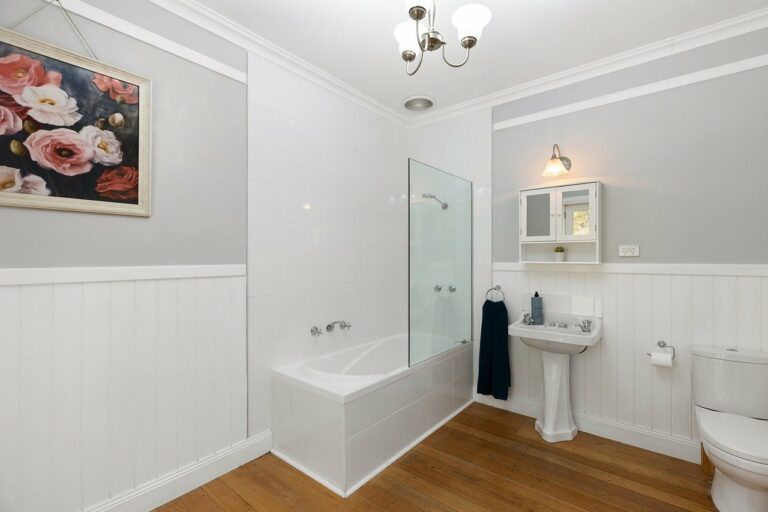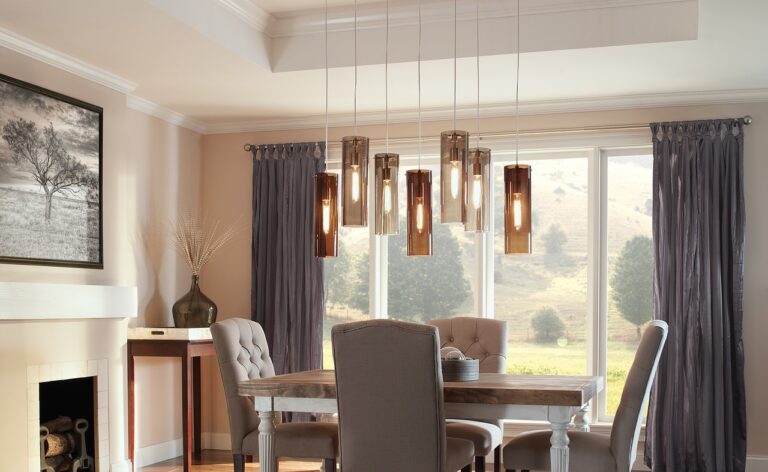The Role of Natural Light in Interior Design: Maximizing Sunlight
Natural light is a crucial element in interior design, serving as a versatile tool to enhance the aesthetics and functionality of a space. Its ability to create a sense of openness and airiness can make rooms appear larger and more inviting. Additionally, natural light has the unique ability to showcase the true colors of furnishings and decor, enhancing the overall visual appeal of a room.
Furthermore, the presence of natural light has been linked to various health benefits, including improved mood and increased productivity. Exposure to natural light can help regulate circadian rhythms, promoting better sleep quality and overall well-being. In workspaces, natural light has been shown to boost focus and energy levels, leading to greater efficiency and creativity among occupants.
The Impact of Sunlight on Mood and Productivity
Sunlight plays a crucial role in influencing our mood and productivity. Exposure to natural light has been linked to increased serotonin levels, which can help promote feelings of happiness and well-being. This can lead to improved focus and motivation, ultimately boosting productivity levels in various settings such as offices or homes.
Additionally, sunlight also helps regulate our circadian rhythm, or internal body clock, which in turn can enhance our quality of sleep. Better sleep quality can result in improved cognitive function and alertness, leading to higher levels of productivity during waking hours. By incorporating natural light into interior spaces, whether through large windows, skylights, or strategically placed mirrors, individuals can experience the positive effects of sunlight on their mood and overall productivity.
Strategies for Enhancing Natural Light in Interior Spaces
Natural light plays a crucial role in enhancing the aesthetic appeal and functionality of interior spaces. One effective strategy for maximizing natural light is to opt for light-colored curtains or shades that allow sunlight to filter through easily. Additionally, strategically placing mirrors opposite windows can help reflect and spread natural light throughout the room, creating a brighter and more spacious feel.
Another way to enhance natural light in interior spaces is by keeping windows unobstructed from any furniture or décor. This allows sunlight to freely enter the room and illuminate the space. Furthermore, choosing furniture and accessories with reflective surfaces, such as glass or metallic finishes, can help bounce natural light around the room, creating a luminous and inviting atmosphere.
• Opt for light-colored curtains or shades to allow sunlight to filter through easily
• Strategically place mirrors opposite windows to reflect and spread natural light throughout the room
• Keep windows unobstructed from furniture or décor to allow sunlight to freely enter the room
• Choose furniture and accessories with reflective surfaces, such as glass or metallic finishes, to bounce natural light around the room
Why is natural light important in interior design?
Natural light can make a space feel larger, more inviting, and can enhance the overall aesthetic of a room. It also has numerous health benefits including boosting mood and productivity.
How does sunlight impact mood and productivity?
Sunlight has been shown to increase serotonin levels in the brain, which can improve mood and reduce feelings of depression. It also helps regulate our circadian rhythms, leading to better sleep patterns and increased productivity during the day.
What are some strategies for enhancing natural light in interior spaces?
Some strategies include using light-colored paint and furniture to reflect light, strategically placing mirrors to bounce light around the room, and incorporating sheer curtains or blinds to allow more light to enter the space. Additionally, minimizing obstructions such as heavy drapes or furniture near windows can help maximize natural light.







